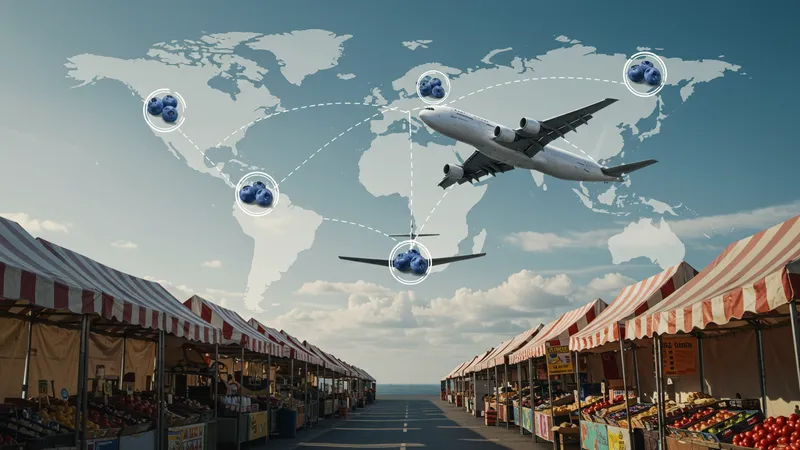
Air Cargo Service: Revolutionizing Global Trade And Logistics
The Economic Domino Effect
Air cargo services are pivotal economic players often overlooked. While providing rapid transit for high-value goods, they play a complex role in making markets more accessible and products more affordable. Consumers enjoy an abundance of choices due to streamlined logistics, but there’s much more beneath this surface.

By connecting remote and developing areas, air cargo helps local economies by opening doors to new trade opportunities. This invisible hand helps level the playing field, promoting economic growth. The implications are staggering: a small farm in Chile can feasibly export blueberries to Japan, bridging economic divides like never before.
Global trade demands are no longer limited by borders nor defined by vast distances, thanks to air cargo services. As they break logistical barriers, new trade routes emerge, contributing to economic diversity. This proliferation of choices isn’t just about consumer benefit; it’s about fostering cultural exchange, one aircraft at a time.
Venturing further, these services innovate by investing in technologies reducing operational costs. The transformation in infrastructure requirements has a domino effect, reducing overhead and ultimately consumer prices. What lies beyond this enhanced efficiency is a mystery we are just beginning to unravel.